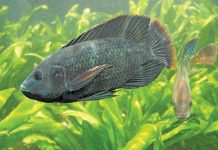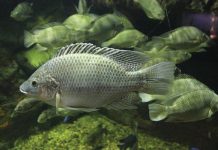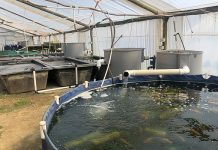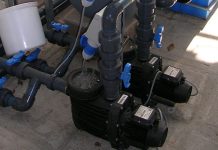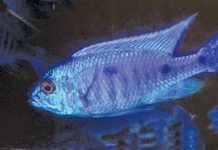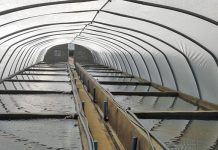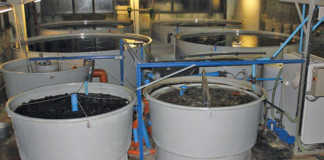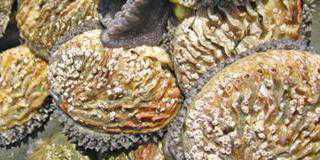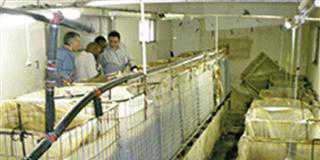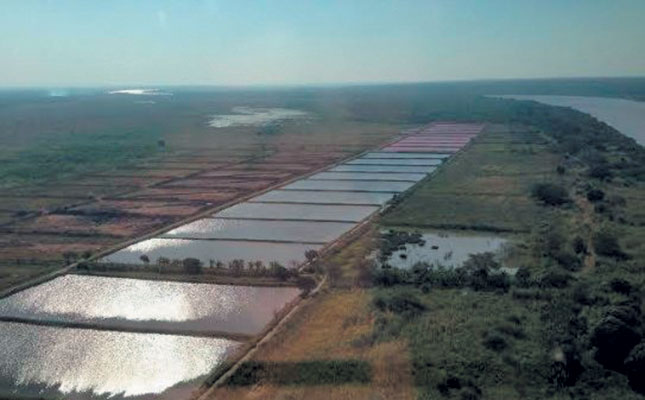
The latest catchphrase to hit South African aquaculture is ‘aquaculture development zones’ (ADZs). The department of agriculture’s National Aquaculture Policy Framework considers the creation of such zones a desirable step forward in developing the sector.
Aquaculture ventures would be grouped together, we are told, and this “would attract and incentivise investment in the sector, provide services, manage the risks associated with aquaculture” and “provide skills development and employment for rural or coastal communities”.
Marine aquaculture depends on the availability of seawater (which, apart from pumping costs, is free), land and training. If such ventures were grouped in ‘zones’, such as the East London Industrial Development Zone, this would entail levying urban land rates, municipal industrial energy charges and government-controlled water costs.
READ Mussel farming on the West Coast
If such ventures were grouped in ‘zones’, such as the East London Industrial Development Zone, this would entail levying urban land rates, municipal industrial energy charges and government-controlled water costs.
If situated on a farm adjacent to the coast, none of these costs would be applicable.
Aquaculture is a form of livestock production, so farm energy rates would apply. The water is pumped at cost, and there are no other charges. And because a farm is relatively isolated, there would be less risk of pollution from industry or disease from other fish farms.
The water is pumped at cost, and there are no other charges. And because a farm is relatively isolated, there would be less risk of pollution from industry or disease from other fish farms.
What then are the advantages of an ADZ? The answer, I believe, lies in the carefully worded phrase: “manage the risks associated with aquaculture”.
Agencies such as the Department of Environmental Affairs would like nothing more than to group all aquaculture ventures into confined locations where they can be policed and controlled. And nothing would stimulate the growth of the sector less!
If ADZs make little sense for marine aquaculture, they are even more unsuitable for freshwater farms. Freshwater aquaculture in all its forms is entirely site-specific.
Trout farms, for example, are situated only where suitable water is available. In South Africa, this is a very limited area; there is no way that these can be grouped together.
At present, tilapia farms are mainly recirculating, tunnel-based systems. They are private commercial ventures often carried out with other farming practices, or as part of smallholding development. Again, ADZs make no sense.
If you examine freshwater aquaculture development globally, you won’t see anything resembling an ADZ. The trout farms of Europe, the US and New Zealand are all on site-specific locations – often far from towns.
The commercial tilapia farms of the Far East are likewise situated where land and water are suitable, and are also often part of a diversified farming enterprise.
Why is it that aquaculture attract such negativity from government only in South Africa?
The need to restrict and police aquaculture implied in government’s ADZ idea is out of all proportion to the activity and its largely imaginary threats.
Ultimately, we’re simply farmers producing healthy protein, and are more than capable of doing so.
All we ask of government is to get off our backs, and some genuine support would be even better!

